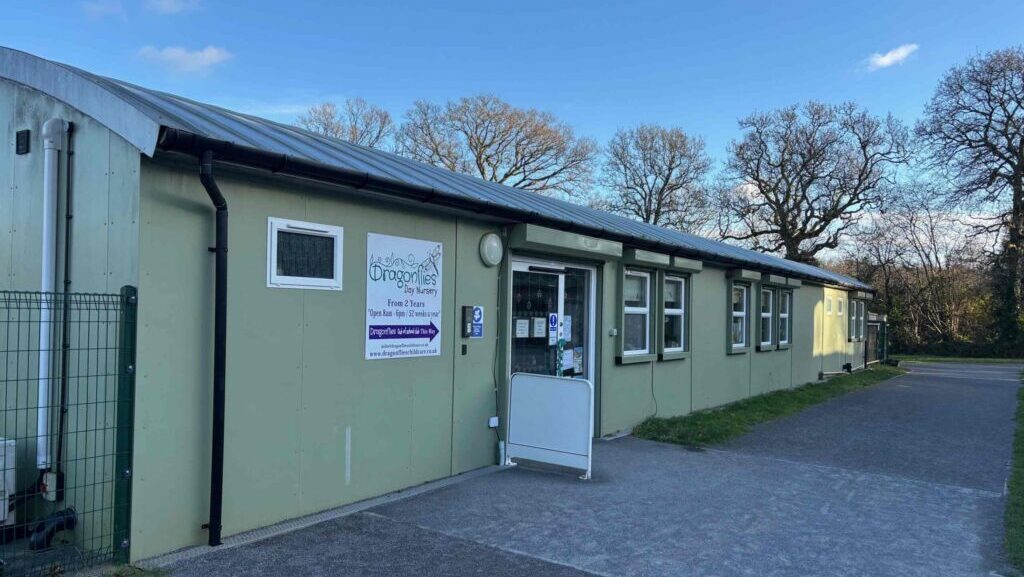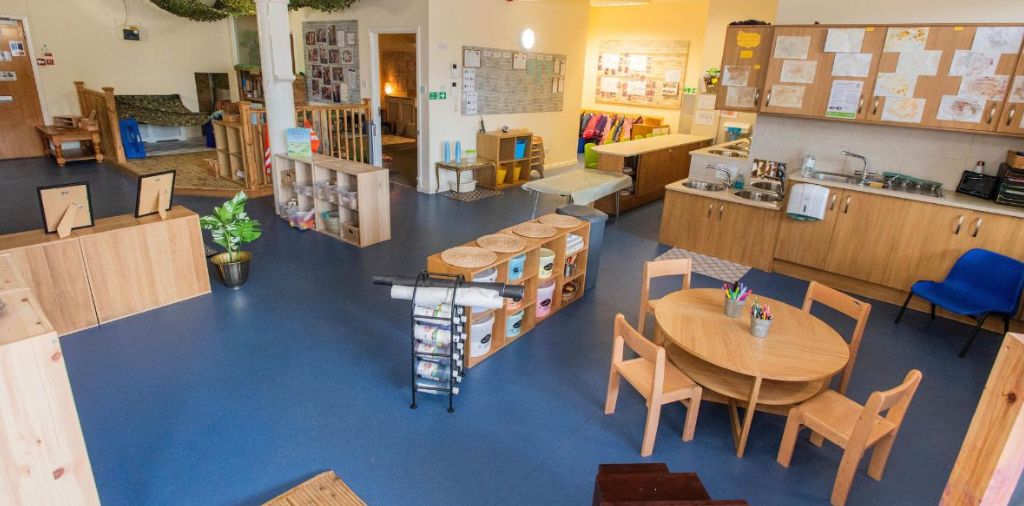The former owner of a group of nurseries is returning to the early years sector with the acquisition of a…
Dingley’s Promise manifesto aims to boost inclusion of SEND in early years
Dingley’s Promise has published it’s manifesto for early years inclusion that highlights the struggles facing SEND children in settings and the lack of support available to both staff and parents navigating through the rise in children with SEND.
The Dingley’s Promise manifesto highlights 3 specific ‘calls to action’ to address the current challenges:
- Workforce development
- Funding for inclusion
- Sufficiency of places.
Catherine McLeod MBE, chief executive of Dingley’s Promise stated:
“By addressing these fundamental building blocks, we can over time create a system which works for children, families, educators and local authorities. However, this cannot be achieved without recognition of the current failures. We require a willingness from all stakeholders to strive for change and a realisation that early intervention is the key to successful long-term outcomes.”
Earlier this year the government set out its Special Educational Needs and Disabilities (SEND) and Alternative Provision (AP) Improvement Plan which outlined proposals to improve outcomes for children and improve experiences for families.
Dingley’s Promise manifesto key points
While this is in motion the Dingley’s Promise manifesto highlights some critical stats that show the present challenges.
- 79% of settings have seen a significant rise in the number of children with SEND. 95% overall have witnessed a rise in the number of children with SEND
- 80% of settings felt that the ratio changes will make it harder to support children with SEND
- One in five parents reported being turned away from a setting
- 85% of local authorities said they currently do not have sufficient provision
- One year ago 27% of providers said they had no more spaces for children with SEND. However, once the new entitlements come in this will rise to 57%.
Reaction to manifesto
Neil Leitch, chief executive of the Early Years Alliance, said:
“Every child, including those with additional needs or disabilities, should be able to easily access high-quality early education and support – but, sadly, as today’s research shows, it is becoming increasingly difficult for families to be able to do so.
“At the Alliance, we know that early educators are extremely committed to supporting children with SEND but they are dealing with a system that is underfunded, overly complex and, frankly, entirely unfit for purpose. This has made it close to impossible for many to be able to do so sustainably, leaving many with no option but to limit the provision they are able to offer.
“What’s worse, as Dingley’s Promise research shows, the current situation is only likely to become even more challenging when the expanded 30-hour offer is introduced if meaningful action isn’t taken to remedy this soon, meaning the uphill battles facing providers and families will get unbearably steeper.
“As such, it is absolutely critical that the recommendations included in Dingley’s Promise’s manifesto – including its calls for better workforce training, simplified and sufficient funding for SEND support and a long-term focus on building early years SEND sufficiency – are acted upon as a matter of urgency. As it stands, the situation that children, families and providers are faced with is entirely unacceptable.”
Megan Jarvie, head of policy, Coram stated:
“We recognise the need for a joined-up approach across all stakeholders to achieve this, including local authorities, Ofsted, settings and families, and hope that the recommendations here can lead to improvements.”
Gail Walshe, director of participation and regional development, Contact added:
“More support must be given to settings to ensure that SEND children are never refused access to nursery places because of demands on finances and resources. We share the vision of Dingley’s Promise.”
Latest News
Emperor Nurseries has acquired Dragonflies Childcare, an early years setting in Hampshire, in a deal facilitated by specialist business property…
Small nursery group Leaps and Bounds (Scotland) has acquired Abbey Mill Childcare in a deal facilitated by Redwoods Dowling Kerr…




